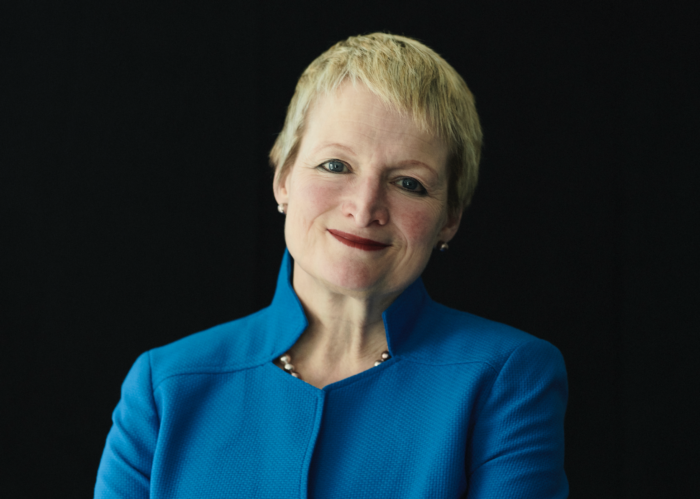Not everything that matters can be easily measured

Are we living through a golden age? Carlota Perez’s theory of technological revolutions suggests we’re about 45 years into a technological surge that began in the early 1970s. The information and communications technology revolution has installed vast productive capacity – yet we’re struggling to deploy it to create shared prosperity and human enrichment.
As humanity transitions from its present economic and technological system, we are faced with rethinking productivity itself. In a world that leaves mass markets behind – in which products becomes less significant and a logic of experiences replaces a logic of extraction, consumption and obsolescence – services will be critical.
Yet because of the way we look at productivity, we’ve created a peculiar blind spot. The things that make life truly worth living are precisely the things we struggle to make more productive. Art galleries, symphony halls, literature, museums and experiential learning represent the flowering of human civilization, yet they remain stubbornly resistant to our understanding of economic value.
AI presents a unique opportunity. Previous technological revolutions primarily automated physical labor, but AI could automate cognitive functions across service sectors, freeing human capacity for art, music, literature and education. Revenue growth in AI-exposed industries has nearly quadrupled since 2022, which suggests we’re beginning to see the productivity gains that could enable a boom. Consider the possibilities. AI-assisted administrative functions could free teachers to focus on mentoring and inspiration. Automated data analysis could give healthcare workers more time for patient interaction and care coordination. In legal firms, intelligent systems could handle routine research, allowing lawyers to concentrate on advocacy and justice.
The services sector – including education, healthcare, hospitality and cultural production – has historically shown lower measured productivity growth than manufacturing. But this may reflect our measurement limitations, rather than genuine inefficiency. Research shows generative AI could improve productivity in customer service by 14% per hour, while reducing time spent handling issues by 9% – suggesting significant potential for enhancement in human-centered work.
The key insight is that AI’s impact on services may not be about replacing human judgment and creativity, but augmenting human capacity to create meaning and connection. Rather than seeing cultural activities as drains on economic productivity, we might understand them as the ultimate output of a truly productive society.
Toward a golden age?
As Perez notes, “the sociopolitical form we give to technology will define whether we enter a golden age.” The choice isn’t predetermined. We could use AI to create a hyper-quantified society where every human interaction is optimized for measurable outcomes. Or we could deploy it to create the efficiency that enables a flourishing of the unmeasurable aspects of human experience.
Leaders navigating this transition need to hold two seemingly contradictory truths: we must drive measurable productivity improvements while simultaneously creating space for the immeasurable aspects of human flourishing that define golden ages. This means rethinking success metrics to include cultural vitality and community engagement alongside traditional economic indicators. It means investing in the infrastructure of human development – not just broadband and data centers, but concert halls and community gardens.
Most importantly, it means recognizing that the ultimate test of any technological revolution isn’t whether it makes our processes more efficient, but whether it makes our lives more fully human. True productivity includes producing the kind of society we actually want to live in.
The question is not whether AI will boost productivity – the evidence suggests it will. It is whether we’ll use that productivity to create more widgets or more wonder.
Rita Gunther McGrath is professor of management at Columbia Business School


